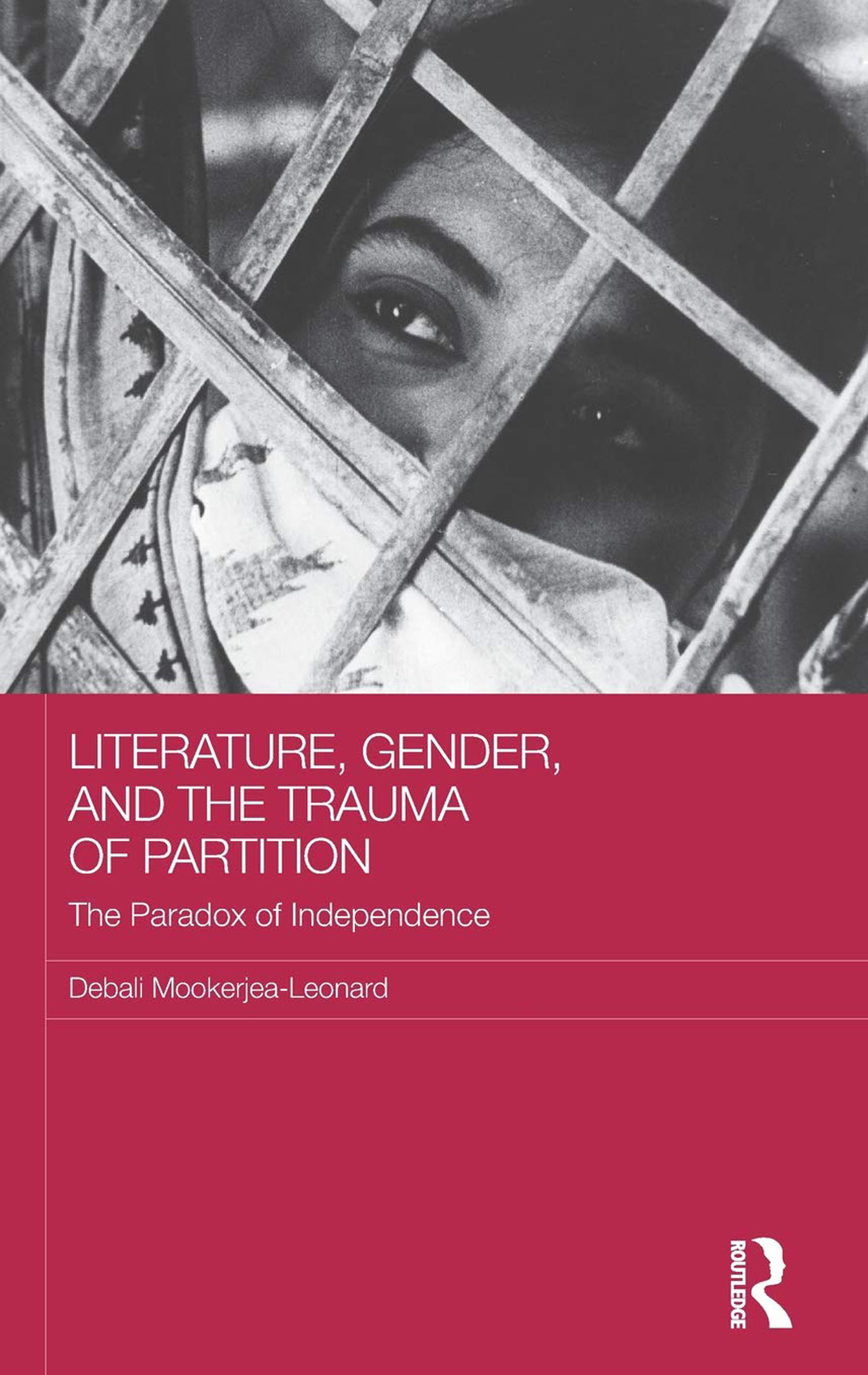What Debali Mookerjea-Leonard achieves distinctly in this book is to effectively showcase her own reasoned angst and that of the others, regarding the lesser visibility of diverse aspects of Partition literature on the Bengal side in comparison with the abundant and a rich variety of perspectives on Partition fiction from the western side of the subcontinent. In her detailed analysis of the critical writings of such critics as Srikumar Bandopadhyay, she convincingly draws the attention of the reader to the non-acknowledgement of different Partition themes presented by several Bengali authors. The popularity of these critics and their writings actually seem to have deflected readers from reaching out to some significant Partition writers and their stories. This is what led to the complete neglect of what actually exists in the literary archives but has been invisibilized by critics who simply glossed over the enormity of the psychological upheaval and personal damages of the affected people and ignored the literature that depicted these features.
Deeply conscious of the lack in the study of Bengali Partition studies, Mookerjea-Leonard in fact set up a specific agenda for herself in the writing of this book. The book aims to help arrive at a ‘complex understanding of how Partition experiences of violence, migration, and displacement shaped postcolonial societies and subjectivities in South Asia’. Needless to say, this required extensive research as well as a conscious excavation of stories silenced by critical indifference.

